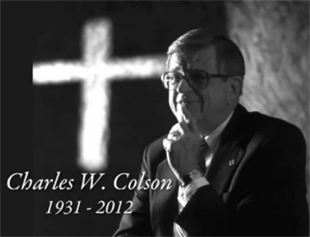 by Chris Banescu –
by Chris Banescu –
This past weekend we lost an influential and great champion for Christ and truth. Charles W. “Chuck” Colson’s bright light is no longer in the world, but still shines on in eternity as a beacon of hope and faith for current and future generations. His legacy and example will live on in the hearts and souls of many Christians – Orthodox, Catholic, and Protestant – who were inspired by his strong faith, admired his clarity of thought and vision, and were reassured by his courage and conviction.
It is fitting that he went to meet the Lord at the end of what is Bright Week for all Orthodox Christians. For during this time the Resurrection Hymn is sung at all memorial services to remind us that Christ’s Resurrection destroyed death granting us eternal life: “Christ is Risen from the dead, trampling down death by death, and upon those in the tombs bestowing life!”
Unfortunately, I’ve never had the opportunity to meet Colson in person. However, I have followed his active Christian ministry and prolific commentaries with a lot of interest and admiration, often sharing his wisdom with many of our Orthodox Christian readers [Read more…]

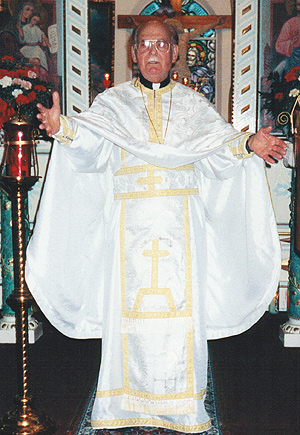
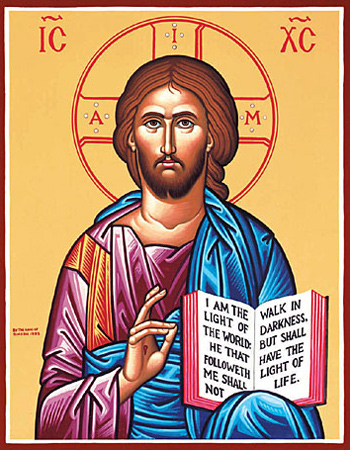 by Chris Banescu –
by Chris Banescu –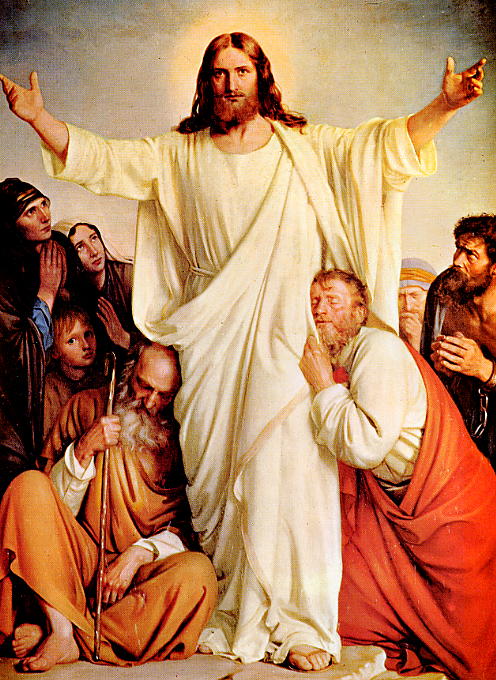
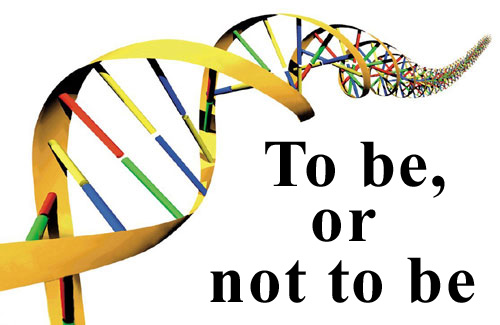 by Chris Banescu
by Chris Banescu by Chris Banescu –
by Chris Banescu –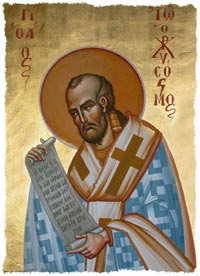 by Chris Banescu –
by Chris Banescu –